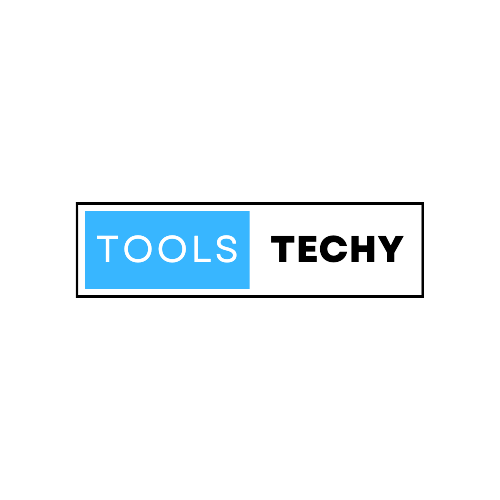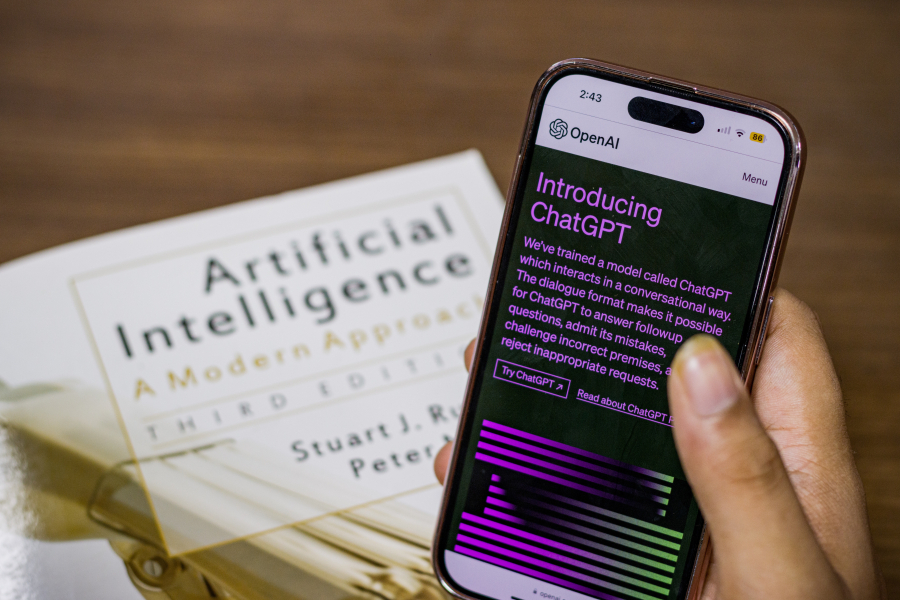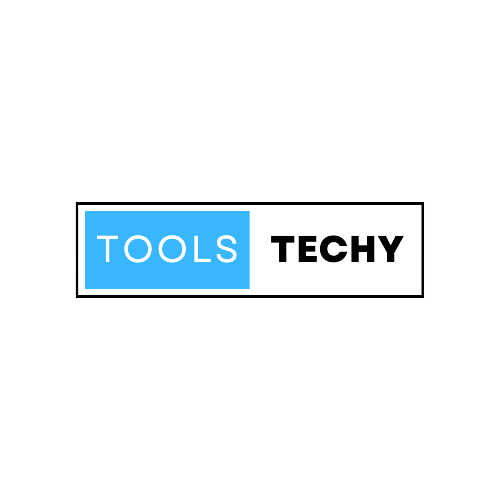5 ways on How get chat gpt write an essay
Data quality is the foundation for successful data-driven decision-making. Data quality can lead to accurate information, correct analytics, and poor business results. As a result, organizations must invest in powerful data quality tools to ensure data accuracy, completeness, consistency, and timeliness. AI-powered data quality assurance tools bring automation and intelligence to data validation and cleaning processes, enabling organizations to identify and remediate problems in data in real time.
Tool 1: Data Robot
DataRobot is a leading AI platform that offers a complete set of data quality tools. It leverages machine learning to detect and correct errors, discrepancies, and inconsistencies in data. DataRobot's advanced algorithms analyze large data sets, identify patterns, and apply intelligent transformations to improve data accuracy. The platform also provides data profiling and cleaning capabilities, allowing users to standardize and validate data based on predefined business rules and requirements.
Tool 2: Talend Data Quality
Talend Data Quality is an AI-powered tool that helps organizations improve data accuracy and reliability. The tool offers many features, including data cleaning, profiling, and enrichment. Data Quality Talend uses machine learning algorithms to identify and correct anomalies, duplicates, and missing data values. It also provides real-time data monitoring and alerting, allowing organizations to proactively address data quality issues.
Tool 3: Trifacta
Trifacta is a cutting-edge tool for data preparation and quality that uses artificial intelligence and machine learning to speed up the processes of cleaning and validating data. The platform provides an intuitive interface and intelligent algorithms to help users identify and resolve data quality issues. Trifacta's machine-learning capabilities automatically suggest transformations and edits to data based on historical patterns and user preferences, allowing faster and more accurate data cleaning.
Tool 4: Data Quality Informatica
Informatica Data Quality is a comprehensive tool combining AI and automation to ensure data accuracy and consistency. This instrument offers many information forming, cleaning, and improving elements. Informatica's AI algorithms analyze data patterns, identify errors and inconsistencies, and make recommendations to correct the data. The tool integrates with other Informatica products, allowing end-to-end data quality management.
Tool 5: IBM InfoSphere Information Server
IBM InfoSphere Information Server is a powerful data quality and integration engine that combines artificial intelligence and machine learning capabilities. The tool offers comprehensive data cleaning, normalization, and enrichment features. IBM InfoSphere AI algorithms automatically detect and correct data errors, validate data according to predefined rules, and ensure compliance with data governance policies. The tool also provides advanced data profiling and data flow capabilities, allowing organizations to track and track data quality throughout the data lifecycle.
Benefits of AI-powered data quality tools
Increased efficiency: Tools for data quality that are powered by AI take manual labor out of repetitive tasks. This greatly improves the efficiency of data validation and cleaning processes, freeing valuable time for data professionals to focus on more strategic tasks.
Improved accuracy: Thanks to advanced algorithms, AI-based tools can accurately identify and correct data errors. By ensuring data accuracy, organizations can make informed decisions based on reliable information, helping to improve business outcomes.
Real-time data quality monitoring: AI-powered data quality tools provide real-time monitoring and alerting, enabling organizations to detect and resolve data quality issues, whether they arise or when. This proactive approach helps prevent inaccurate data from spreading throughout the organization.
Scalability: AI-powered data quality tools are designed to handle large volumes of data, making them scalable for organizations dealing with big data environments. They can process and analyze large amounts of data quickly and efficiently, ensuring data quality at scale.
Compliance and risk management: Data quality is critical to compliance with GDPR, HIPAA, and other industry-specific requirements. AI-powered data quality tools can help organizations maintain compliance by identifying and addressing data quality issues that can lead to regulatory breaches and reputational risks credit.
The Role of AI in data quality assurance
Artificial intelligence is central to ensuring data quality by automating and enhancing traditional data cleaning and validation processes. AI-based algorithms are capable of analyzing large amounts of data quickly and accurately, detecting patterns and anomalies that might otherwise be missed by manual methods. These algorithms can identify data errors, duplicates, outliers, and inconsistencies, allowing organizations to quickly fix problems and maintain high-quality data.
One of the key advantages of AI-powered data quality tools is their ability to learn from historical data and user feedback. As these tools process and analyze data, they continuously learn and adjust, improving their accuracy and efficiency. This iterative learning improves overall data quality management by refining data cleaning techniques and providing more accurate data editing and enrichment recommendations.
Conclusion
In short, AI-powered data quality tools are revolutionizing the way organizations manage and maintain their data. These state-of-the-art tools provide advanced data cleaning, profiling, and enrichment functionality, ensuring data accuracy, completeness, and reliability. By utilizing man-made reasoning and AI calculations, organizations can emphatically work on the nature of their information, prompting more educated, independent direction and better business results.
Frequently asked questions
1. How do AI-powered data quality assurance tools work?
AI-powered data quality tools use machine learning algorithms to analyze and process data, detect anomalies and errors, and recommend corrective actions to improve the accuracy and authenticity of the data.
2. Can AI-powered data quality tools handle large data sets?
Yes, AI-powered data quality assurance tools are designed to efficiently handle large volumes of data. They exploit parallel processing and distributed computing techniques for large-scale data processing.
3. Are AI-powered data quality tools easy to use?
Most AI-powered data quality tools offer user-friendly interfaces and intuitive workflows, making them accessible to users of varying technical expertise.
4. Can AI-based data quality tools be integrated with existing data management systems?
Yes, many AI-powered data quality assurance tools integrate with existing data management systems, enabling seamless data quality management across an organization's infrastructure.
5. How can AI-based data quality tools benefit businesses?
AI-powered data quality tools can help companies improve decision-making, improve operational efficiency, ensure regulatory compliance, and gain competitive advantage by leveraging data accurate and reliable.






Comments (0)